Russian politician Andrei Zhdanov was the main supporter of Socialist Realism, an official artistic current of the Soviet Union.
He was born on Februray 26, 1896 in Mariupol, in Ukraine, then a part of the Russian empire.
At 19, Zhdanov joined the Bolsheviks, the most radical and popular current in the Russian socialist party, led by Lenin. In 1917, Zhdanov took part in the revolutions that put an end to the Tsar and brought the Bolsheviks to power. Russia became a socialist state, and in 1922, the Union of Soviet Socialist Republics was born.
When Lenin died in 1924, Stalin took power and Zhdanov’s star began to rise. For ten years, he was the provincial secretary of the Soviet Communist party in Nizhny Novgorod, a city in central Russia. In 1934, he participated in the first Congress of Soviet Writers.
Here, Zhdanov contributed to the birth of Socialist Realism, a movement that Soviet authors were forced to adhere to. Writers were at the service of the people, the communist party and the socialist cause. Recurrent themes included class struggle, the alliance between farmers and workers, the history of the proletariat and workers’ everyday lives.
In 1934, Zhdanov became secretary of the communist party in St. Petersburg, succeeding Sergei Kirov, a victim of the political murders known as “purges” that were ordered by Stalin.
Zhdanov was one of Stalin’s closest men. After holding several jobs in different border provinces, he was put in charge of defending St. Petersburg against the Germans during World War Two.
In 1945, Zhdanov was nominated President of the Supreme Soviet of the USSR, the most important Soviet legislative body.
The following year, he was put in charge of cultural policy. Zhdanov expanded the doctrine of Socialist Realism to all artistic disciplines, making it the only acceptable art movement. Known as Zhdanovism, numerous artists were forced to adhere, remain silent or leave the USSR. Dissenters were deported to concentration camps and persecuted, including the composer Dimitri Shostakovich, and the writers Anna Achmatova and Mikhail Zoshchenko.
In 1947, Zhdanov was among the organizers of the Cominform, the committee that coordinated all information between Europe’s communist parties.
It was one of his last duties. Zhdanov died in Moscow on August 31, 1948. He was 52. According to upper levels of the Soviet regime, he died due to a plot by his doctors. However, some historians claim Stalin ordered his death because of worries over Zhdanov’s growing influence.
He was born on Februray 26, 1896 in Mariupol, in Ukraine, then a part of the Russian empire.
At 19, Zhdanov joined the Bolsheviks, the most radical and popular current in the Russian socialist party, led by Lenin. In 1917, Zhdanov took part in the revolutions that put an end to the Tsar and brought the Bolsheviks to power. Russia became a socialist state, and in 1922, the Union of Soviet Socialist Republics was born.
When Lenin died in 1924, Stalin took power and Zhdanov’s star began to rise. For ten years, he was the provincial secretary of the Soviet Communist party in Nizhny Novgorod, a city in central Russia. In 1934, he participated in the first Congress of Soviet Writers.
Here, Zhdanov contributed to the birth of Socialist Realism, a movement that Soviet authors were forced to adhere to. Writers were at the service of the people, the communist party and the socialist cause. Recurrent themes included class struggle, the alliance between farmers and workers, the history of the proletariat and workers’ everyday lives.
In 1934, Zhdanov became secretary of the communist party in St. Petersburg, succeeding Sergei Kirov, a victim of the political murders known as “purges” that were ordered by Stalin.
Zhdanov was one of Stalin’s closest men. After holding several jobs in different border provinces, he was put in charge of defending St. Petersburg against the Germans during World War Two.
In 1945, Zhdanov was nominated President of the Supreme Soviet of the USSR, the most important Soviet legislative body.
The following year, he was put in charge of cultural policy. Zhdanov expanded the doctrine of Socialist Realism to all artistic disciplines, making it the only acceptable art movement. Known as Zhdanovism, numerous artists were forced to adhere, remain silent or leave the USSR. Dissenters were deported to concentration camps and persecuted, including the composer Dimitri Shostakovich, and the writers Anna Achmatova and Mikhail Zoshchenko.
In 1947, Zhdanov was among the organizers of the Cominform, the committee that coordinated all information between Europe’s communist parties.
It was one of his last duties. Zhdanov died in Moscow on August 31, 1948. He was 52. According to upper levels of the Soviet regime, he died due to a plot by his doctors. However, some historians claim Stalin ordered his death because of worries over Zhdanov’s growing influence.
RELATED
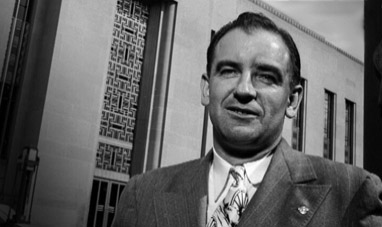

JOSEPH MCCARTHY


PEDRO ÁLVARES CABRAL
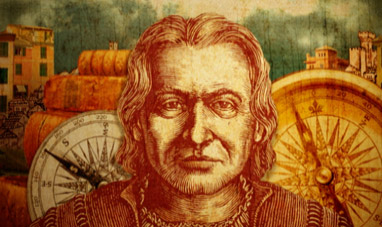

COLUMBUS, CHRISTOPHER


LEANDRO ARAGONCILLO


BARTOLOMEU DIAS
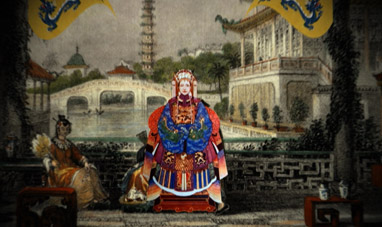

CIXI, DOWAGER EMPRESS OF CHINA


KIM PHILBY
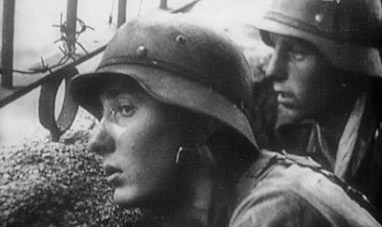

THE RUSSIAN CAMPAIGN
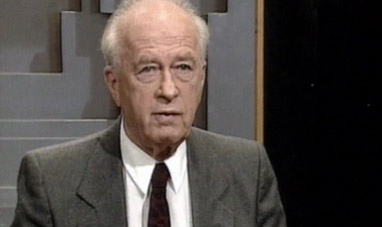

YITZHAK RABIN
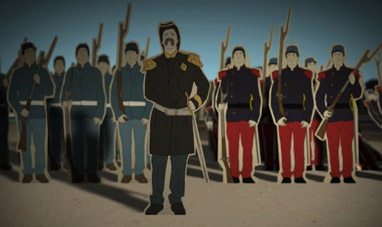

PATRICE DE MAC-MAHON
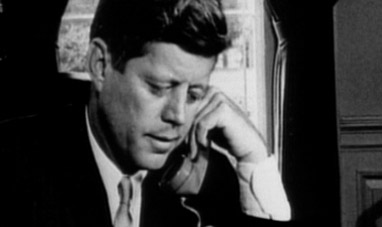

JOHN FITZGERALD KENNEDY


NEIL ARMSTRONG
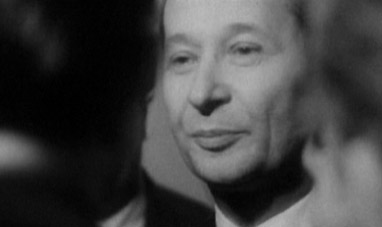

ALEXANDER DUBCEK


SISSI, EMPRESS OF AUSTRIA


CATHERINE DE MEDICI
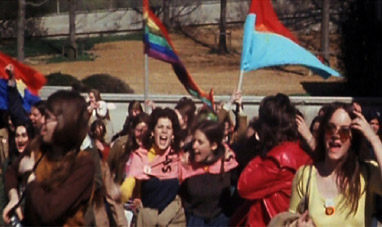

1968
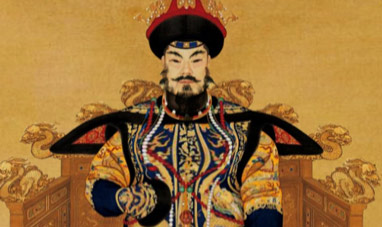

QIN SHI HUANG


ZHENG HE
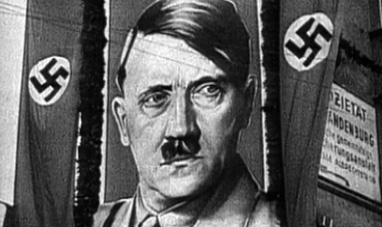

ADOLF HITLER
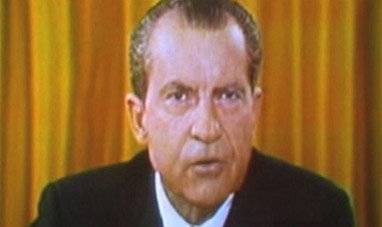

RICHARD NIXON
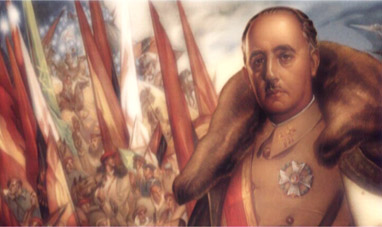

FRANCISCO FRANCO


DENG XIAOPING
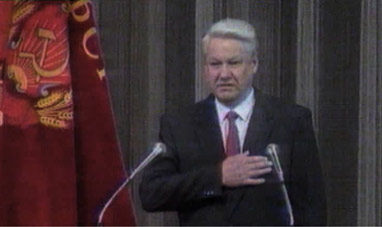

BORIS YELTSIN
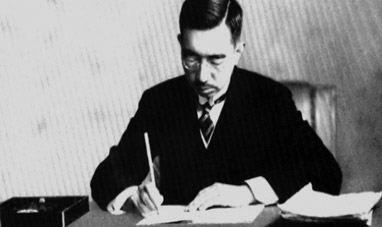

EMPEROR HIROHITO


HUMBOLDT, ALEXANDER VON
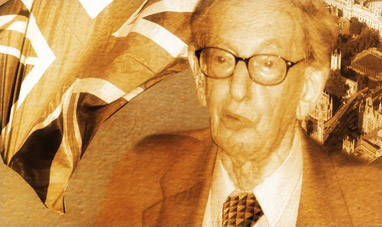

ERIC HOBSBAWM
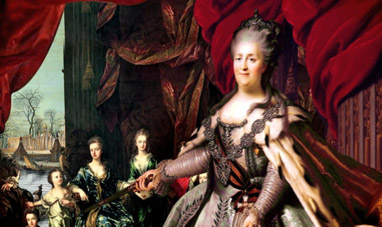

CATHERINE THE GREAT
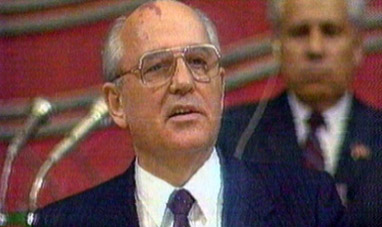

MIKHAIL GORBACHEV


INTELLIGENCE FEBRUARY 2015
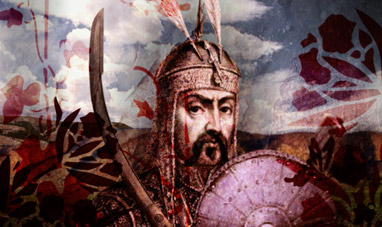

GENGHIS KHAN
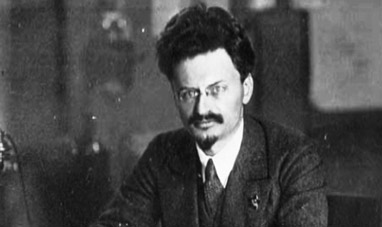

TROTSKY


FRÄULEIN DOKTOR
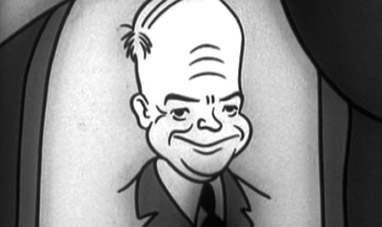

DWIGHT EISENHOWER


NAPOLEON III
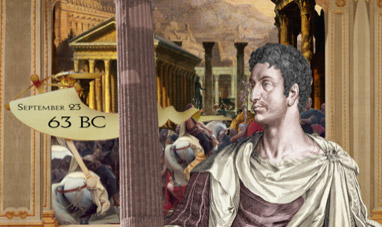

AUGUSTUS
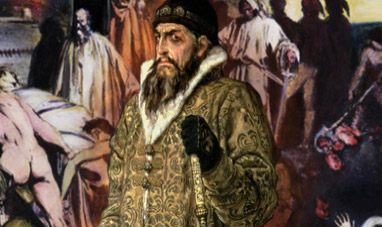

IVAN THE TERRIBLE
